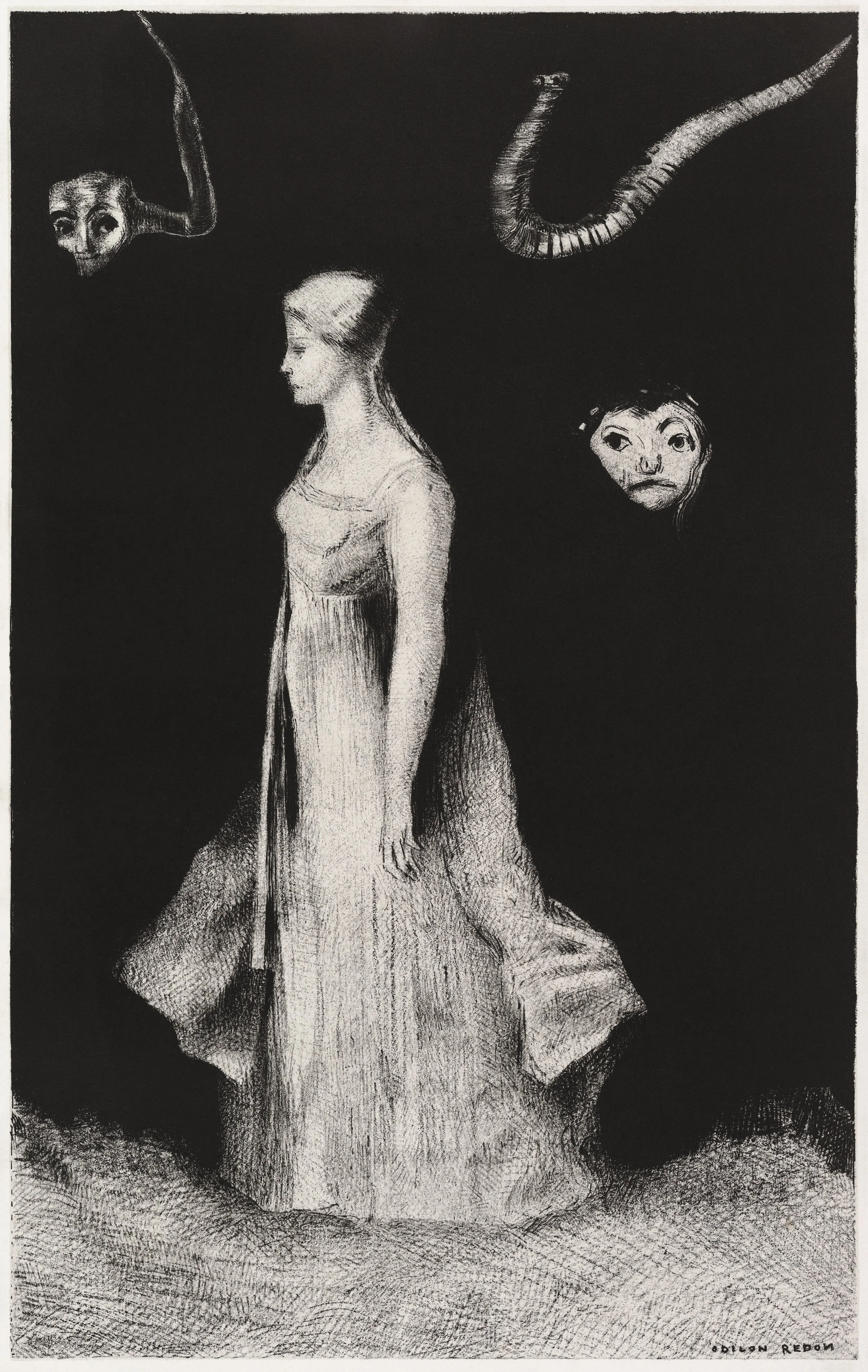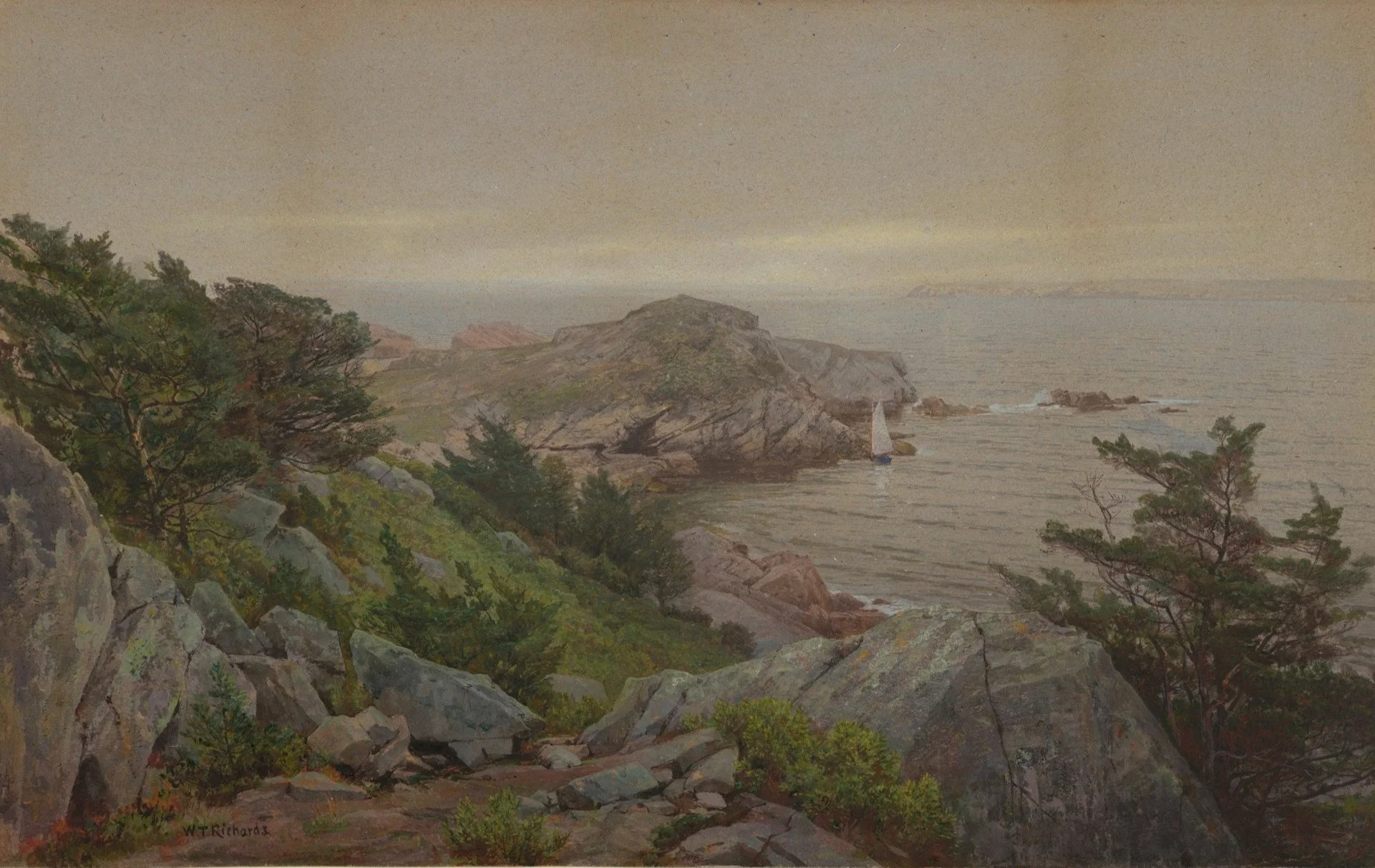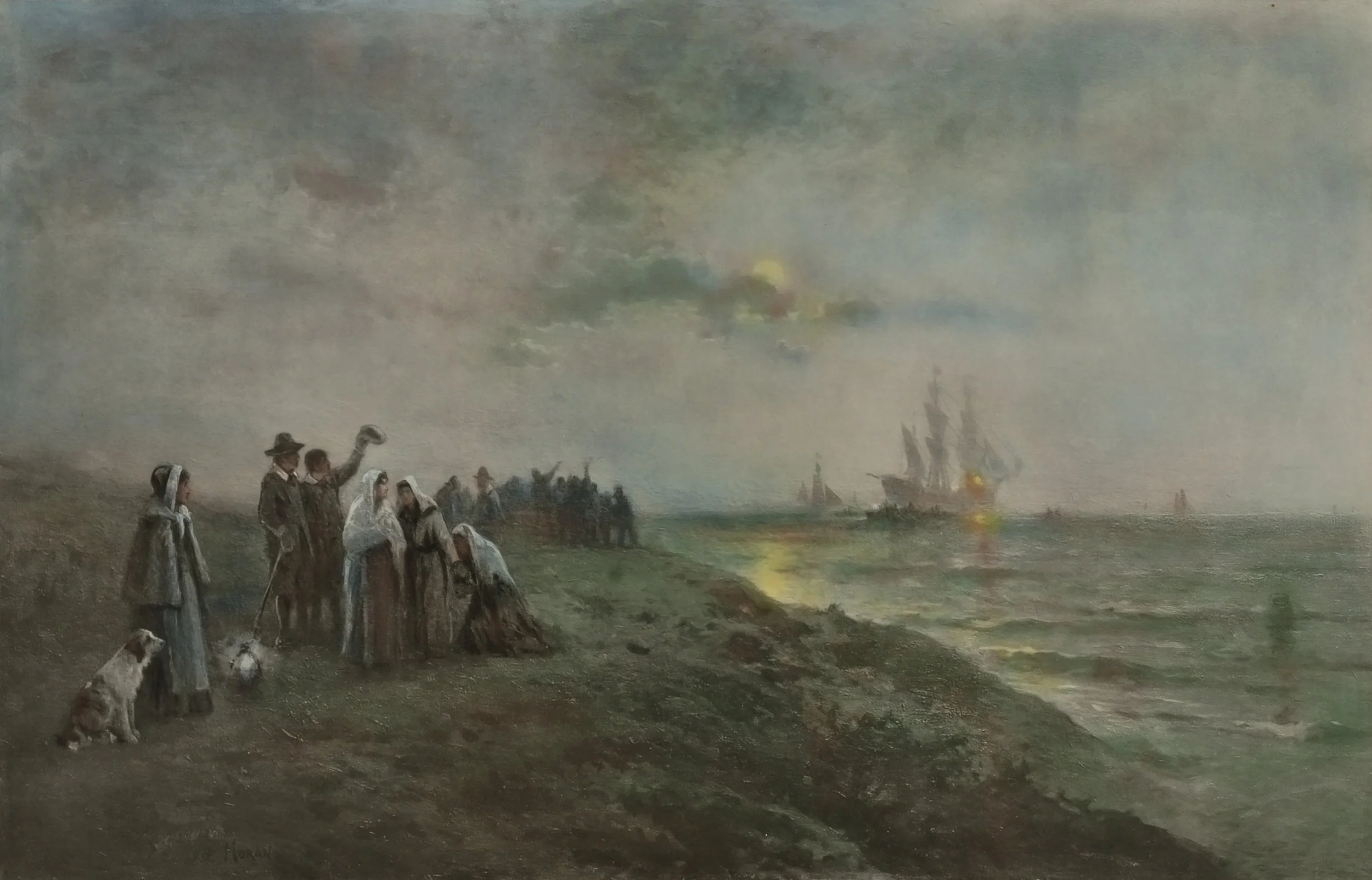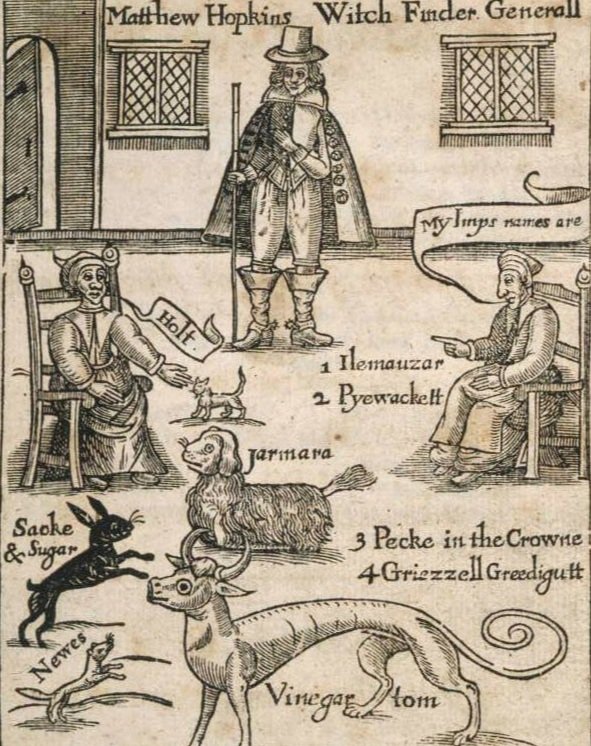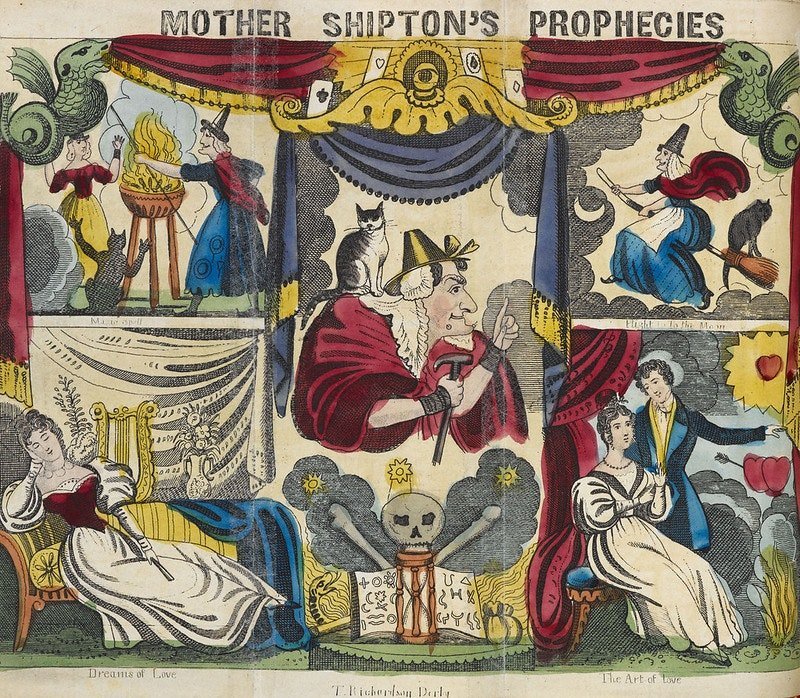
History
Country-House Life in England
Reginald Wynford’s exhaustive portrait of English country-house life blends social anthropology with nostalgic prose, tracing the rituals, economies, and hierarchies that animate the great rural estates. From the breakfast table to the billiard room, the manor emerges not only as a seat of leisure but as the quietly beating heart of English class identity.
The History of the Condition of Women: Europe
In her sweeping moral survey of European womanhood, Lydia Maria Child marshals history as both evidence and indictment, tracing the entrenchment of patriarchal custom across class, church, and crown. What emerges is less a chronology than a cumulative argument — one in which progress is never assumed, and civilization often masks its own brutality.
An Account of Some of the Kjœkkenmœddings, or Shell-Heaps, in Maine And Massachusetts
With the precision of a naturalist and the curiosity of a proto-archaeologist, Jeffries Wyman documents the ancient shell-heaps of coastal New England, revealing layered histories of diet, habitation, and human presence long before European contact. The work is as much an anatomical catalog as it is a quiet challenge to the prevailing myths of a blank American past.
The Nine Days’ Queen: Bradgate Hall and the Greys of Groby
In lush, almost mournful detail, Richard Davey reconstructs the ancestral landscape of Lady Jane Grey, where Tudor architecture, dynastic intrigue, and the melancholic ruin of Bradgate Park converge into a portrait of England at its most tragic and picturesque. Beneath the ivy and heraldry lies a meditation on inheritance, fate, and the haunted weight of noble blood.
The Extravagances of the Emperor Elagabalus
A fevered tapestry of imperial Rome at its most lavishly unhinged, The Extravagances of the Emperor Elagabalus reads like Suetonius rewritten by Huysmans, exalting in perfumed orgies, edible gold, and theatrical cruelty, all filtered through a strangely sympathetic lens. In J. Stuart Hay’s hands, the boy-emperor becomes both monstrous and magnetic: a vision of youth, decadence, and doomed grandeur that is as unsettling as it is seductively absurd.
Lives and Exploits of the Most Noted Highwaymen and Robbers: The German Princess
A shape-shifting virtuoso of invention and deceit, the so-called German Princess dazzled Restoration England with her improbable lineage, theatrical grifts, and inexhaustible appetite for reinvention. What emerges is less a criminal biography than a carnivalesque satire of gender, class, and credulity, where performance itself becomes the most profitable profession.
The Case of Anne Boleyn
Combining clinical detachment with a flair for high tragedy, MacLaurin reexamines Anne Boleyn’s fall not as a political convenience or religious melodrama, but as a case study in hysteria, sexual pathology, and royal syphilis. The result is part forensic reconstruction, part moral autopsy, where Tudor history is scalpelled open to reveal something closer to Greek theater than constitutional crisis.
Mary Queen of Scots: Extracts from her Addresses to the Commissioners
What begins as a record of courtroom defense becomes, in Mary Stuart’s own words, a final act of sovereign self-fashioning—at once wounded, regal, and devastatingly lucid. These addresses, drawn from the last days of her long captivity, reveal not only the makings of a martyr but the rhetorical precision of a woman who understood the stage upon which she was condemned to die.
Ninon de l'Enclos: Premiere Siren of Two Centuries
With florid admiration and a touch of disbelief, Terhune paints Ninon de l’Enclos as both libertine and philosopher—an ageless enchantress who outlived her lovers, defied convention, and seduced an entire intellectual century. In his telling, she is less a woman than a paradox: virtuous in wit, notorious in reputation, and ever the sovereign of her own myth.
Ten Days in a Mad-House; Or, Nellie Bly’s Experience on Blackwell’s Island
In prose as brisk and unnerving as the institution it exposes, Nellie Bly’s undercover account of life inside Blackwell’s Island asylum remains a landmark of journalistic bravery and feminist indictment. What emerges is not merely a portrait of cruelty, but a razor-sharp study of how poverty, language, and nonconformity were mistaken, often willfully, for madness.
Our Wonderlands
In a breathless catalogue of geological might and national pride, Bombaugh’s “Our Wonderlands” stages a rhetorical duel between the natural marvels of Europe and the sublimities of the American West, where scale, spectacle, and patriotic conviction collide. What results is less a travel essay than a florid act of terrestrial boasting—part gazetteer, part hymn, and unmistakably a product of its imperial century.
Curiosities Respecting Temples
An eccentric omnibus of sacred marvels and architectural oddities, Platts’s chapter leaps from Scottish battlements to Spanish palaces, Swiss hermitages, and Chinese fortifications with the gleeful conviction that wonder alone is evidence enough. Less concerned with chronology than spectacle, it captures the 19th-century impulse to collect the world’s grandeur like postcards.
Marie Antoinette and Count Fersen
Told in prose equal parts gossip sheet and tragic oratorio, Orr’s portrait of Marie Antoinette and Count Fersen is less a historical account than a romantic fever dream, where doomed grandeur, political inertia, and forbidden devotion converge in a Versailles already teetering toward ruin.
“Theire Soe Admirable Herbe” or, How the English Found Cannabis
In this richly layered account, Breen traces the psychoactive journeys of 17th-century English merchants and natural philosophers as they encounter cannabis in South Asia, not as a colonial commodity, but as a marvel both alluring and epistemologically unruly. Through Bowrey’s hallucinatory experiments and Hooke’s stilted lectures, we glimpse an early modern world where science, intoxication, and empire all struggled to contain the “occult” logic of the plant.
Superstitions and Observances of Yuletide and the New Year
In this densely embroidered chronicle of midwinter rites, Charles Hardwick traces the roots of Yuletide and New Year custom, from wassail bowls and yule logs to pantomimes and prophetic mists, revealing a layered tapestry where Christian celebration interweaves with pagan fire-worship and Victorian social aspiration.
Christmas Feasting and Sacrificial Survivals
Clement A. Miles moves fluently between wassail bowls and boar-shaped loaves, herring salads and sacrificial cats, assembling a vivid ethnography of European Christmases where feasting and folk play linger as half-forgotten rites. At once meticulous and mythopoeic, he invites us to taste the sacred in the sugared, and to see in roast pigs and honeyed wafers the ghost of gods once fed.
Home Life in America's Colonial Days: Food From Forest and Sea
Alice Morse Earle paints an intricate panorama of early American subsistence, where the woods teemed with deer and turkeys, the seas with cod and lobsters, and the air with the thunder of wildfowl wings. Her chapter on “Food From Forest and Sea” is less a quaint pastoral than a vivid account of ecological abundance, frontier ingenuity, and the uneasy edge between reverence and exploitation.
The Revolutionary Colossus
This work traces the towering figure of collective revolt from Erasmus Darwin’s sleeping giant to Mary Shelley’s electrified monster, assembling a visual and literary genealogy in which revolution, like Frankenstein’s creature, is both miraculous and horrifying. Through poetry, caricature, and political myth, the essay maps how revolutionary embodiment shifts, from sublime symbol to grotesque cautionary tale.
Woodcuts and Witches: The Folkloric Image of the Crone
Crabb examines how mass printing and popular paranoia fused in early modern England to produce the enduring image of the witch as crone: a figure born not just from theology or law, but from ink, wood, and gossip. As cheap pamphlets and reused woodcuts spread tales of scandal, sorcery, and satanic mischief, a visual archetype emerged.
Plant Lore and Legends of Witches
Ruth Edna Kelley traces the global echoes of All Hallows' Eve, from the ghost-lit canals of Japan to the flower-strewn graves of Italy, Spain, and Germany. With lore of djinns, dragon gods, mourning bells, and straw boats for spirits, this chapter reveals how cultures across continents mark the season of the dead with reverence, poetry, and enduring superstition.


